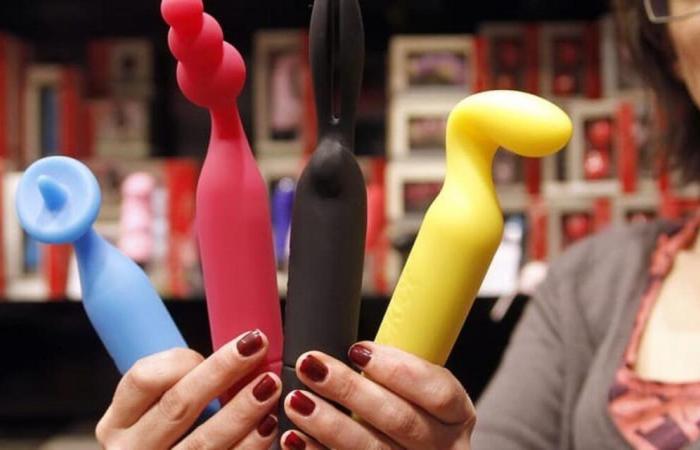
A more diverse repertoire of sexual practices, more numerous partners and a longer sex life: this is the finding drawn up by the vast survey carried out in 2023 by Inserm and the ANRS Infectious Diseases among some 31,000 people, published on Wednesday .
The editorial team advises you
Women only count “the men who counted”, men “also one-night stands”.
Among the notable developments: the median age of first sexual intercourse has increased slightly, after a regular decline since the 1960s, to stand at 18.2 years for women and 17.7 years for men. “I'm 26 years old and I've never had sex before. It’s not taboo for me and I don’t have the impression that it shocks many people,” confides Parisian Laura (first name changed). At the same time, young people nevertheless have more sexual partners than before: according to the survey, women aged 18 to 69 report having had 7.9 partners on average in their life, men 16.4.
The gap between the sexes remains significant, with women only counting “men who counted”, men “also one-night stands”, said Nathalie Bajos, sociologist and research director at Inserm.
“Not exclusively” heterosexual –
Maxime, 23, has around sixty different partners, “including around fifteen over the last year” – almost all of them, known on dating applications. In the digital age, more young people are engaging in sexual activity online. 39.4% of women and 43.5% of men under 30 have already met a sexual partner online, while 36.6% of women and 39.6% of men in the same age group have already sent an intimate image, the investigation reveals.
Another major change: the survey notes an increasingly marked questioning of the heterosexual norm, particularly among young people and women, who are more engaged in a sexuality that is not exclusively heterosexual. Thus in 2023, and for the first time, women aged 18 to 29 reported having had more homosexual relations than men: 14.8% of young women have had at least one partner of the same sex compared to 9.3 % of young men.
In this same age group, 32.3% of women report attraction to people of the same sex, compared to 13.8% of men. “I'm questioning myself more and more about my sexuality,” Laura confides, “and even though I've never had sex, I think I'm more attracted to women than to men.” Thus, more than one young woman in three (37.6%) and one young man in six (18.3%) say they are not strictly heterosexual.
“I'm more of a clitoral person, so clitoral pleasure was more important. »
“In a social context marked by an increasing diffusion of feminist ideas, these young women seem to be moving more and more towards other sexual trajectories in which violence and inequalities are less prevalent,” says the survey. This reveals a drop in the frequency of sexual intercourse, for both sexes and in all age groups. The fact remains that a large majority of the population has had sexual activity during the year. Including at the most advanced ages.
“Stay active”
“I had a very late sexuality, from 45 to 84,” reports Francine, 95, who lives in the Paris suburbs. “Over the years we changed our sexuality and ultimately I had a lot more fun the last 20 years than the first 20.”
When my partner “had less strength, he realized that he had to please me […] with less penetration. I’m more of a clitoral person, so clitoral pleasure was more important,” she says. According to the survey, 56.6% of women and 73.8% of men remain sexually active between the ages of 50 and 89, and satisfaction “declines with age and more quickly among men than among women.”





